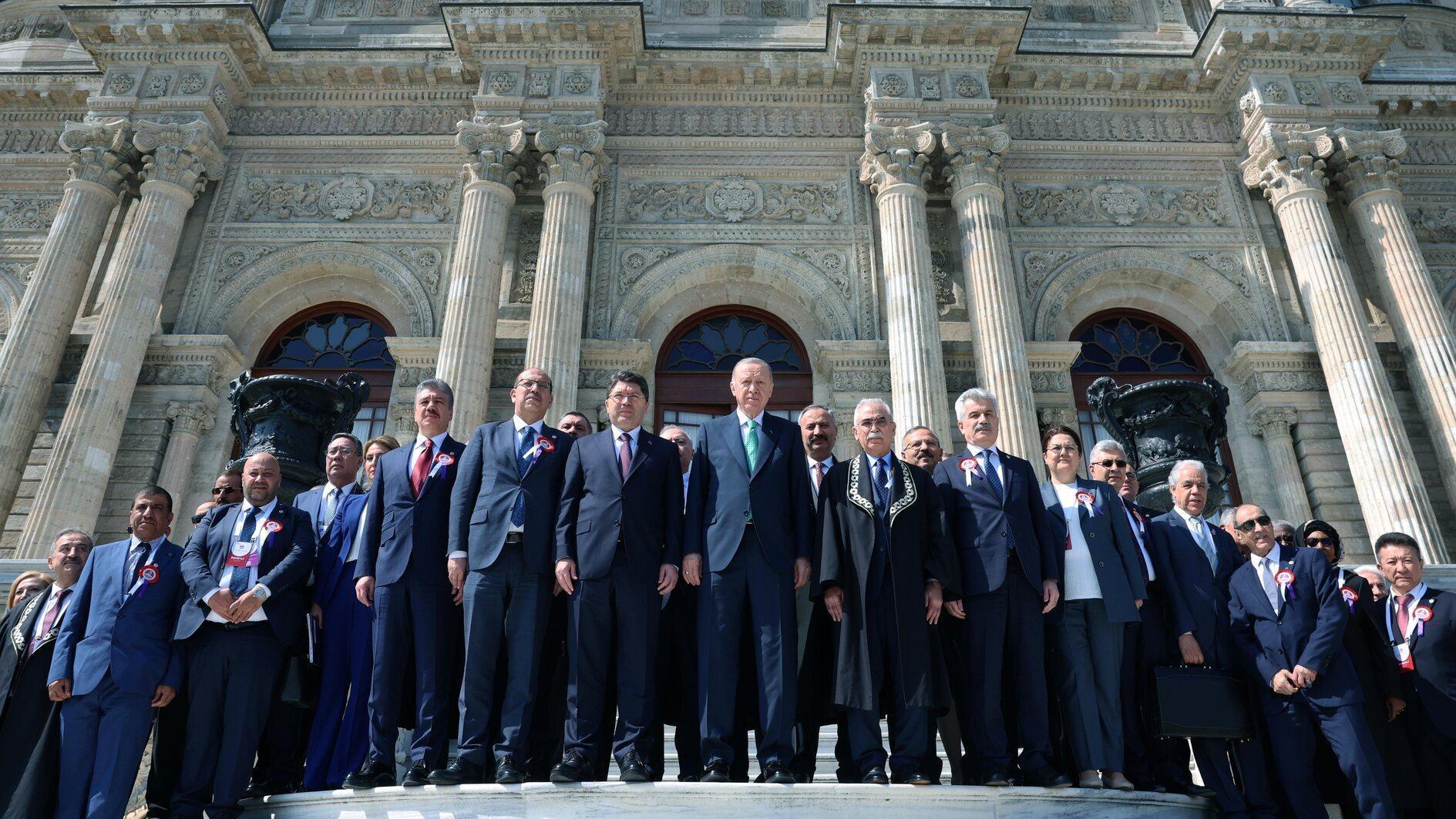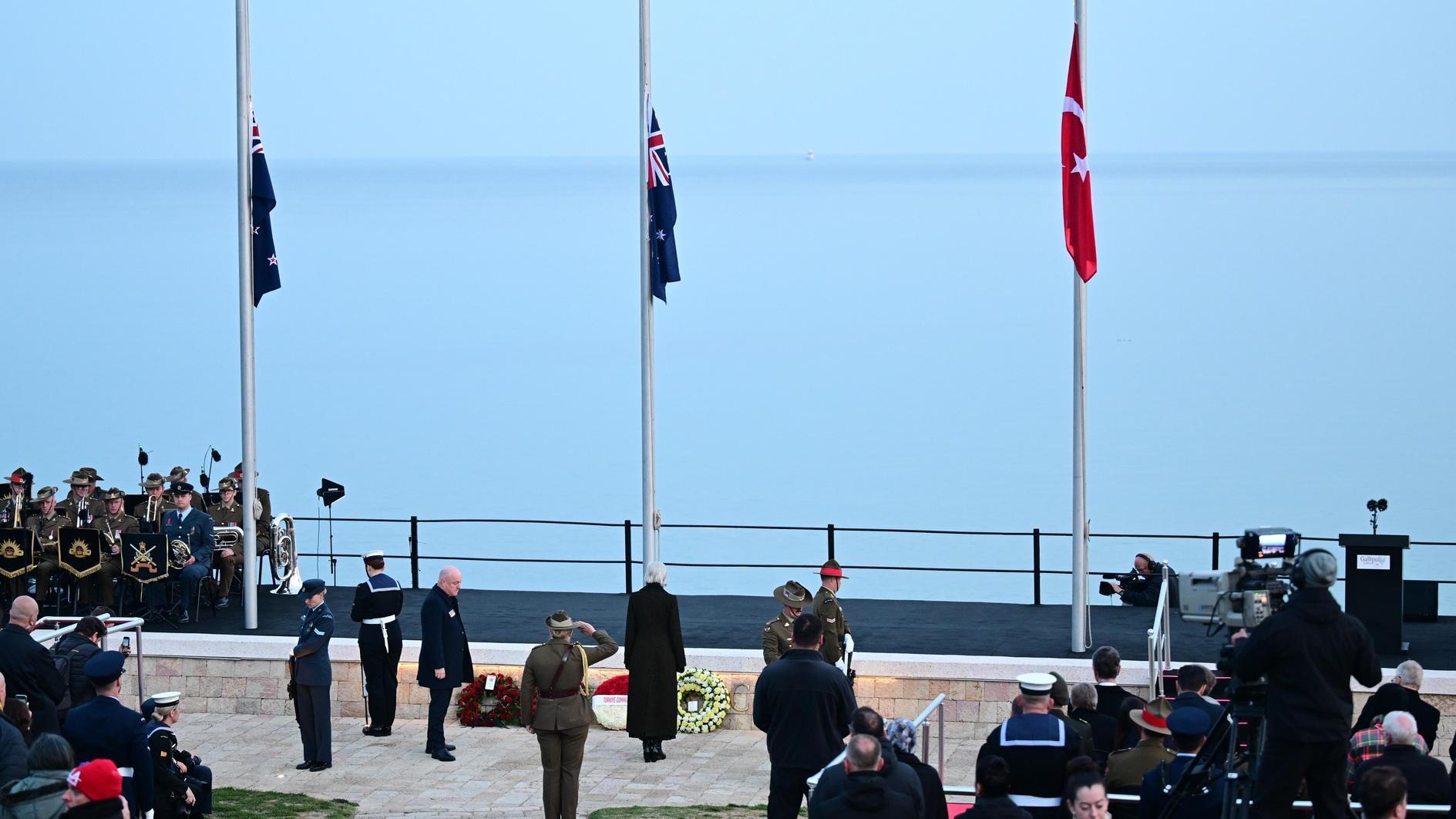Awaiting Erdoğan’s return
Prime Minister Recep Tayyip Erdoğan’s nearly three-week absence has shown that a power vacuum can affect even very well-organized institutions and that the Justice and Development Party (AKP) is no exception to this rule.
This brief power vacuum would not have become that visible if President Abdullah Gül had not vetoed the controversial law reducing penalties for match fixers, a legislation that divided not only the public but also the ruling party.
Like so many people, a number of the AKP’s senior members, such as deputy Prime Minister Bülent Arınç, Customs and Trade Minister Hayati Yazıcı, deputy AKP leader Hüseyin Çelik and numerous AKP lawmakers defended Gül’s move, loudly voicing the need for an amendment on the law. They were probably unaware of the fact that Erdoğan himself strictly instructed his aides to insist on the law if oppositional parties would back it as well, ignoring Gül’s calls.
Immediately after the AKP’s senior figures announced that the party would stick to its stance concerning this much-debated law, Arınç immediately left for a week-long trip to Indonesia, Yazıcı U-turned and Çelik disappeared.
For many, the rift over this law was a power struggle between the Fethullah Gülen community and the powerful football lobby which was supported by some circles of the deep state. In an unprecedented move, newspapers close to the Gülen community openly slammed Erdoğan and the AKP, arguing that the law would open a Pandora’s Box which would weaken the Ergenekon case as well.
Other senior AKP figures were quick enough to convey the message that the party was not divided and there was no race for the leadership of the AKP in the event that Erdoğan is elected as president in 2014. However, Pandora’s Box did not say the same thing.
According to a piece by daily Cumhuriyet right after news broke of Erdoğan’s surgery, Foreign Minister Ahmet Davutoğlu tops the list of potential leaders and is followed by Gül. Deputy Prime Minister Ali Babacan ranks third and Arınç fifth.
Speaking to reporters travelling with him, Davutoğlu categorically denied that he had any intention of running for the party leadership even in Erdoğan’s absence. On the other hand, Gül recalled that it was he who helped found the AKP in the early 2000s and was the party’s first prime minister.
Though presidential elections will be held in two years’ time, Erdoğan’s surgery seems to be speeding up these sorts of discussions within the AKP. There is no need to underline how this public debate will anger Erdoğan, something we will see in the coming days when he returns to Ankara.
Erdoğan’s absence was also a test for the opposition. Neither Kemal Kılıçdaroğlu nor Devlet Bahçeli, the leaders of the two major opposition parties, could benefit from Erdoğan’s absence. Neither of them was successful in terms of setting the agenda and imposing any pressure on the ruling party. Instead, they have shown solidarity with the ruling party against the president without making any major political gain.
We wish Prime Minister Erdoğan a speedy recovery.











